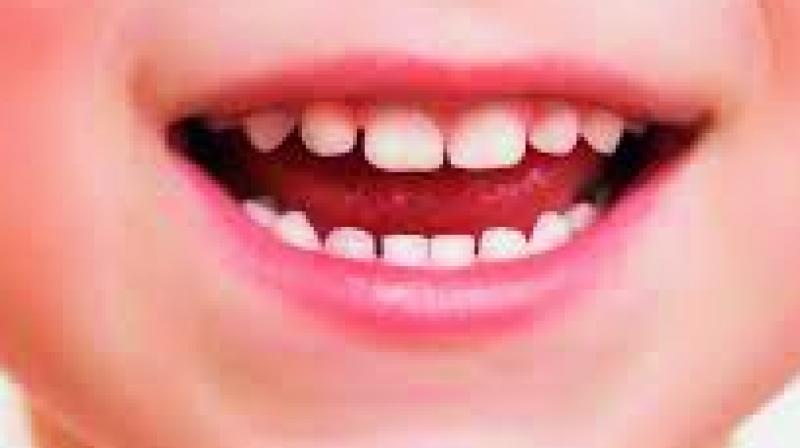World Oral Health day: Quality smile gets you ahead

Oral diseases qualify as major public health issue owing to their high prevalence and incidence in all regions of the world. The greatest burden of oral diseases is on disadvantaged and socially marginalised populations.
Oral health is essential for overall health, wellbeing and good quality of life for an individual. Weak oral health negatively affects growth, development, intellectual qualities, nutrition, communication, self-esteem and various general health conditions. Dental decay and gum diseases are the two most prevalent dental diseases of global population. Both these diseases along with other conditions like oral cancer and precancerous conditions, edentulousness and malocclusion have been neglected over the years especially in the underprivileged areas because of negligible mortality rate of these diseases. Lack of awareness of these diseases has further contributed towards increase in the prevalence and severity of these problems.
Oral diseases have been connected to bacterial endocarditis, coronary artery diseases, stroke, atherosclerosis, chronic obstructive lung disease, diabetes and preterm low birth weight. Further, its influence on people’s daily lives in terms of pain and suffering, derangement of function and quality of life due to painful, missing, damaged, decayed, discoloured, periodontally weakened teeth and teeth with concomitant agonising neuralgia must be considered.
World Oral Health Day was launched on 20th march 2013 by FDI (World Dental Federation). The day also marked the launch of a year-long campaign to raise awareness of oral health and prevention of oral diseases. Since 2013 these campaigns have featured a specific theme by which the celebration of the day takes place.
The economic impact of oral diseases is alarming due to expensive treatment and frequent nature of the conditions. If treatments were available, the cost of dental caries in children alone would exceed the total health care budget for children. In addition, dental diseases restrict activities at school and work, causing millions of school and work hours to be lost each year throughout the world.
Burden of oral diseases in India is very high due to its frequent nature which shares a common risk with non-communicable diseases. In order to bridge the gap for oral health, the Union government envisaged the National Oral Health Programme for an accessible , affordable and equitable oral health care delivery in a well co-ordinated manner.
In Kerala, we are on the way to attain the sustainable developmental goals by 2020 by reducing the prevalence of dental car-ies in children aged bet-ween 6 and 12 from 55-65 per cent to 45-55 per cent with mean DMFT <3 and reducing the prevalence of periodontal diseases in the age group 35-45 years from 55 to 45 per cent.
(Author is deputy director, health services)

